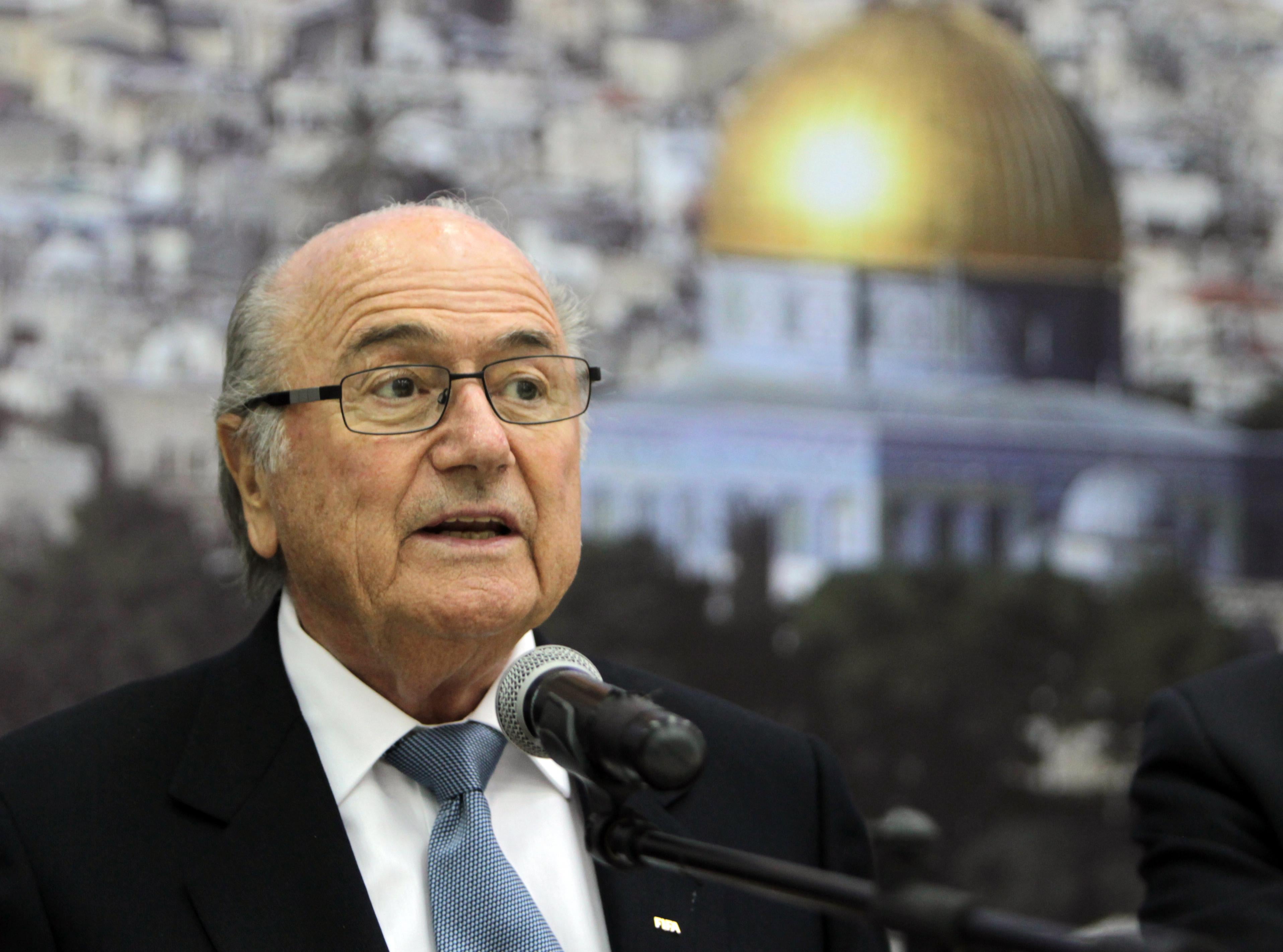As if it weren’t hard enough already to be gay and like sports at the same time, now there’s this: A Russian lawmaker has announced that the country’s viciously homophobic laws will remain in effect during the 2014 Winter Olympics in Sochi. Those laws, you might recall, don’t just make homosexuality a crime; they also criminalize pro-gay speech, same-sex public affection, and even pro-gay paraphernalia. Any gay fan who attends the Olympics—and any gay athlete who participates—thus risks fines, arrest, and imprisonment simply for being openly gay.
Some, including Slate’s June Thomas, are skeptical that Russia will wreck its Olympics with a homophobic crackdown, noting that the significance of the games might actually give pro-gay fans leverage to protest. And NBC sports group chairman Mark Lazarus has stated that the International Olympics Committee “obviously believes in equality and opportunity for all.” But Lazarus also hedged, conceding that Russia has “a law that is the law of their land” and that the IOC simply hoped that the law wouldn’t “affect us or the athletes.”
It gets worse. Gay fans and athletes at the Olympics won’t just have the law to worry about in Sochi; they’ll also need to avoid those operating outside the law. Recently, Russia has been racked with vicious acts of homophobic violence as vigilantes abduct, humiliate, mutilate, and torture gay teens across the country. Thus far, law enforcement has been remarkably lax in preventing and prosecuting these attacks—perhaps because the victims’ very existence is just as illegal as the violence against them.
How can a gay fan or athlete stay safe during the Olympics, then? The answer: Don’t be gay—or at least, don’t be gay while you’re watching sports. That’s the tacit takeaway from the IOC’s vague proclamations, and the logical conclusion for anyone monitoring the situation.
And it’s not just Olympics fans who’ll need to go back into the closet to enjoy their favorite sport in person. In 2022, the FIFA World Cup will be held in Qatar, a predominantly Muslim country that bans same-sex relations. FIFA’s solution? Once again, don’t be gay. According to FIFA president Sepp Blatter—who later apologized, rather lamely, for his remarks—gay people “should refrain from sexual activities” while watching the game. (Imagine if he gave the same advice to straight people.)
“We are living in a world of freedom,” Blatter continued by way of explanation, though Qatar “is another culture because it is another religion.” But not to worry: “In football, we have no boundaries.”
Well, yes, actually, there is that one boundary—the proscription of homosexuality in the country hosting the World Cup. But based on Blatter’s crass and insulting remark, it matters little to FIFA that gay fans and athletes will have to trade in their liberty in order to attend the games.
Conflicts like these are bound to grow more common as the world becomes increasingly dichotomized vis-à-vis gay rights. Some countries believe gay people have a right to live openly and with dignity; some countries believe gay people belong in jail. There’s no real middle ground, and the sports world is deluding itself if it thinks it can find one. Organizations like FIFA have a much-ballyhooed self-mythology about breaking international boundaries while respecting local cultures. But when local cultures don’t respect gay fans and athletes, the sports world has to pick a side. So far, it’s chosen the side of the homophobes. And gay sports fans who don’t care to go back in the closet have no other option than to just go home.
